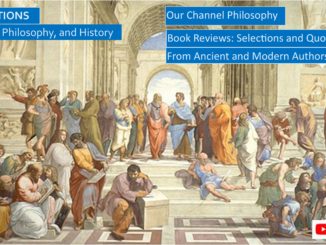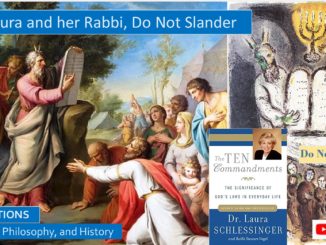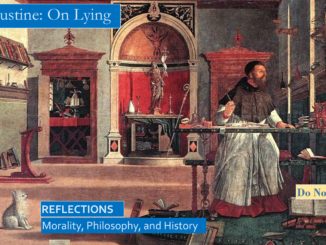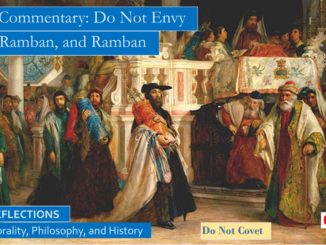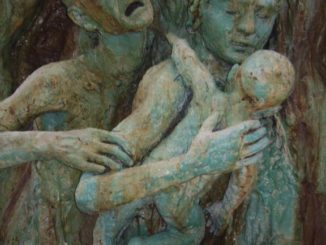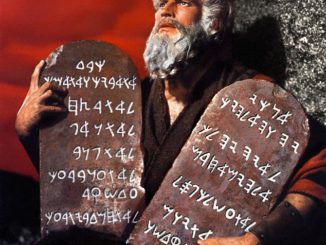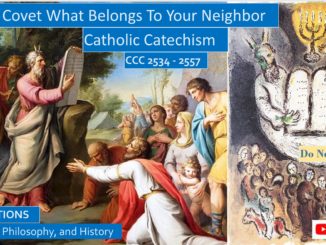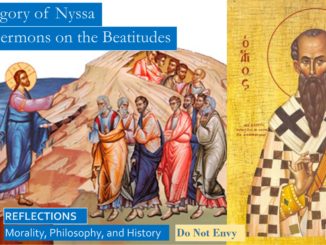Dr Laura bemoans how the tangled web of the lies we weave is dragging us down, how “people expect politicians, lawyers, lobbyists, advocates, journalists, talk-show hosts, and anyone else in the public view will lie if it serves their purpose.” Even when the often-malicious gossip that they spread to millions of viewers has an element of truth, these celebrities can totally destroy someone’s reputation and even life. Indeed, our acceptance of this twisting of the truth leads to the “disappearance of common social courtesies to the prevalence of vulgar and vicious radio and television programming, from disrespect for traditional sexual and marital mores to the ever-growing cynicism about the potential of goodness to survive anywhere.”
Dr Laura bemoans how commonly people give false testimony to win their case in court. We think that if we suffer no immediate consequences, like lightning bolts, that nobody notices our lying, that it is quite okay. “Americans tend to assume that whatever deficiencies our system has, they largely are not a result of corruption, but rather due to judges and juries who are too soft, or racial prejudice, or insufficient concerns for the rights of victims.” “It is remarkable that we can be proud of our judicial system in spite” of how often we lie under oath.
Dr Laura tells us how horribly the lives of her listeners and others have been ruined by lies and slander. These damaging slanderers include the husband who lies about working late but is really out drinking and carousing with his buddies and maybe flirting with the women at the bar. They include the incredibly cruel lies told in custody battles, false reports of child abuse that harm both spouse and child. She tells how digging up possibly non-existent stories of childhood abuse decades in the past can destroy families. She also has stories of less destructive lies that enable to steal time and money from our employers or our neighbors. […]
